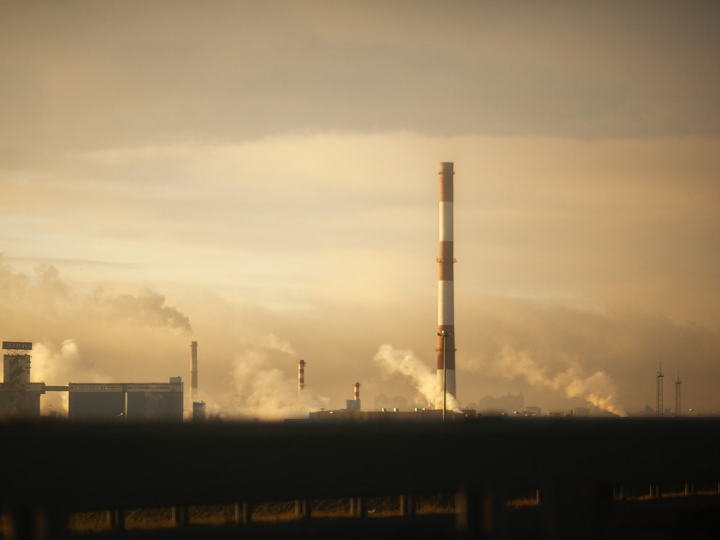by Bill Gross*
There are reasons to hope for progress on the climate crisis. The transportation and electricity generation sectors are decarbonizing at an accelerating rate, and companies and governments are prioritizing net-zero-carbon goals. But one crucial sector is lagging behind in this trend: industry.
The industrial sector accounts for 30% of global emissions and roughly 37% of global energy consumption. This huge share of climate-changing emissions from one sector is an equally huge opportunity for emissions reduction on a global scale. If companies and governments don’t start bringing today’s breakthrough carbon-slashing technologies to industry quickly and efficiently, we risk undermining the progress we’ve made in other parts of the economy.
While it will be hard to decarbonize industrial operations like the production of cement, iron, steel, and petrochemicals, and mining, the task is far from impossible. And when we approach this task, the where is just as important as the how. Industrial clusters are the best places to start the industrial decarbonization movement. They are geographical areas where groups of manufacturing industries are co-located, providing opportunities for scale, sharing risk and resources, aggregation and optimization of demand. Europe’s approximately 3,000 industrial clusters account for 20% of the continent’s emissions.
Why start with industrial clusters?
The efficiency of sharing resources and services – most notably, energy – is the key benefit of industrial clusters. A 2014 study showed that an industrial park made up of a steel mill, cement plant, fertilizer plant, and recycled paper facility achieved 21% energy savings through heat integration and sharing other products. Using industrial-scale renewable resources – green hydrogen, solar thermal, solar plus storage, and other technologies –makes further savings.
Heliogen has pioneered AI-enabled concentrated solar technology for industrial facilities, with scalability in mind. Our AI-enabled solar technology providing heat, electricity or clean hydrogen fuels to one industrial facility can significantly reduce the carbon emissions from that facility; the same technology, scaled up to provide clean energy to multiple, co-located facilities can expand its carbon reduction impact by orders of magnitude.
The demand ecosystems that exist at industrial clusters are also an ideal environment for a collaborative approach to decarbonizing industry. Governments, industrial corporations, financiers and technology providers should come together to plan, fund and execute decarbonization efforts at these sites. For governments, these efforts would pay off in the form of large, sustainable carbon reductions that make big progress towards carbon neutrality commitments.
Benefits of decarbonizing industrial clusters
In addition to shrinking their carbon footprints (an increasingly important step for the growing, global body of ESG-oriented investors), industrial corporations would make sustainable cost savings. Banks and other financial organizations would gain new opportunities to fund capital projects with reliable returns on investment. And the companies developing cutting-edge energy technologies will earn opportunities to deliver on the promise of abating hard-to-abate industrial carbon emissions, and get paid to do it.
Decarbonizing industrial clusters would turbocharge global decarbonization efforts, generating trillions of dollars in value for public and private stakeholders. The biggest governments and companies in the world need to work together with innovative providers of low- and no-carbon heat, electricity, hydrogen fuel and other energy resources to reduce emissions from industrial clusters. The climate crisis is already too dire and the stakes are too high to put this effort on the back burner while easier, more visible sectors go through their own decarbonization journeys. It’s time to get the teams together and get to work.
*CEO and Founder, Heliogen
**first published in: www.weforum.org




 By: N. Peter Kramer
By: N. Peter Kramer
